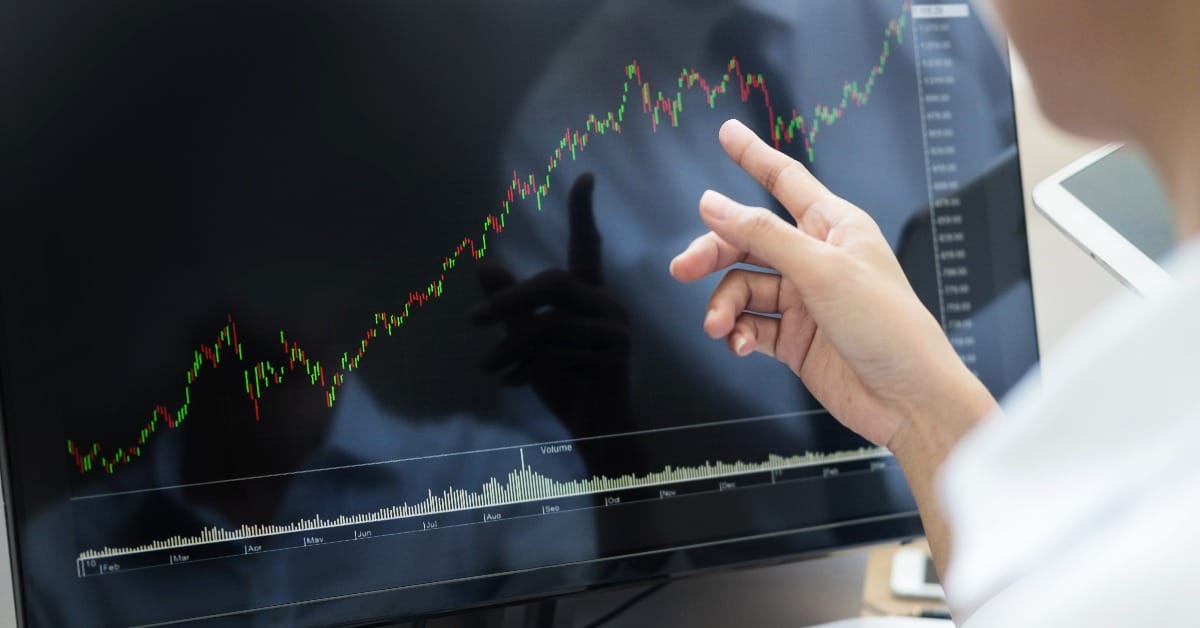
Forex Trading Myths Debunked: Separating Fact from Fiction
In the vast and dynamic world of Forex trading, myths and misconceptions abound. These myths can often mislead beginners and even experienced traders, potentially impacting their decision-making processes. In this blog, we'll shine a light on some of the most prevalent Forex trading myths and set the record straight.
Myth 1: Forex Trading Guarantees Quick Riches
One of the most widespread misconceptions is that Forex trading is a surefire way to get rich quickly. While it's true that substantial profits can be made, trading is not a shortcut to overnight wealth. Success in Forex requires education, practice, and a disciplined approach. It's essential to approach trading with realistic expectations and a long-term perspective.
Myth 2: Trading Is Gambling
Some people equate Forex trading with gambling, believing that it's based on luck rather than skill. In reality, trading is a skill-based endeavor that involves analysis, strategy, and risk management. Successful traders make informed decisions based on research and analysis, not chance.
Myth 3: You Need a Large Capital to Start Trading
Contrary to the belief that substantial capital is a prerequisite for Forex trading, it's possible to start with a relatively small investment. Many brokers offer micro and mini accounts, allowing traders to begin with minimal capital. What's more important than the size of your initial investment is your risk management strategy.
Myth 4: Forex Trading Is Always Risky
While Forex trading does involve risk, it's not inherently riskier than other forms of investment. Risk can be managed through strategies like setting stop-loss orders and position sizing. Knowledgeable traders understand how to mitigate risk and protect their capital effectively.
Myth 5: Trading Is a Full-Time Job
Trading doesn't have to be a full-time occupation. Many traders engage in part-time or even passive trading, fitting it around their existing commitments. It's not necessary to quit your job or dedicate all your time to trading to be successful.
Myth 6: Technical Analysis Is All You Need
Technical analysis is a valuable tool, but it's not the only aspect of trading. Combining technical analysis with fundamental analysis, risk management, and a trading plan can lead to more well-rounded and informed decisions.
Myth 7: The Market Is Always Manipulated
While markets can experience manipulation, not every price movement is a result of manipulation. Most price fluctuations in Forex are driven by supply and demand, economic data releases, and other factors. Traders should be cautious of conspiracy theories and focus on objective analysis.
Conclusion
Dispelling these common Forex trading myths is crucial for traders seeking success in this dynamic market. By understanding the realities of trading, setting realistic expectations, and continuously improving your skills, you can navigate the Forex market with confidence and precision. Trading is not about quick riches or luck; it's a disciplined and educated approach to financial growth.